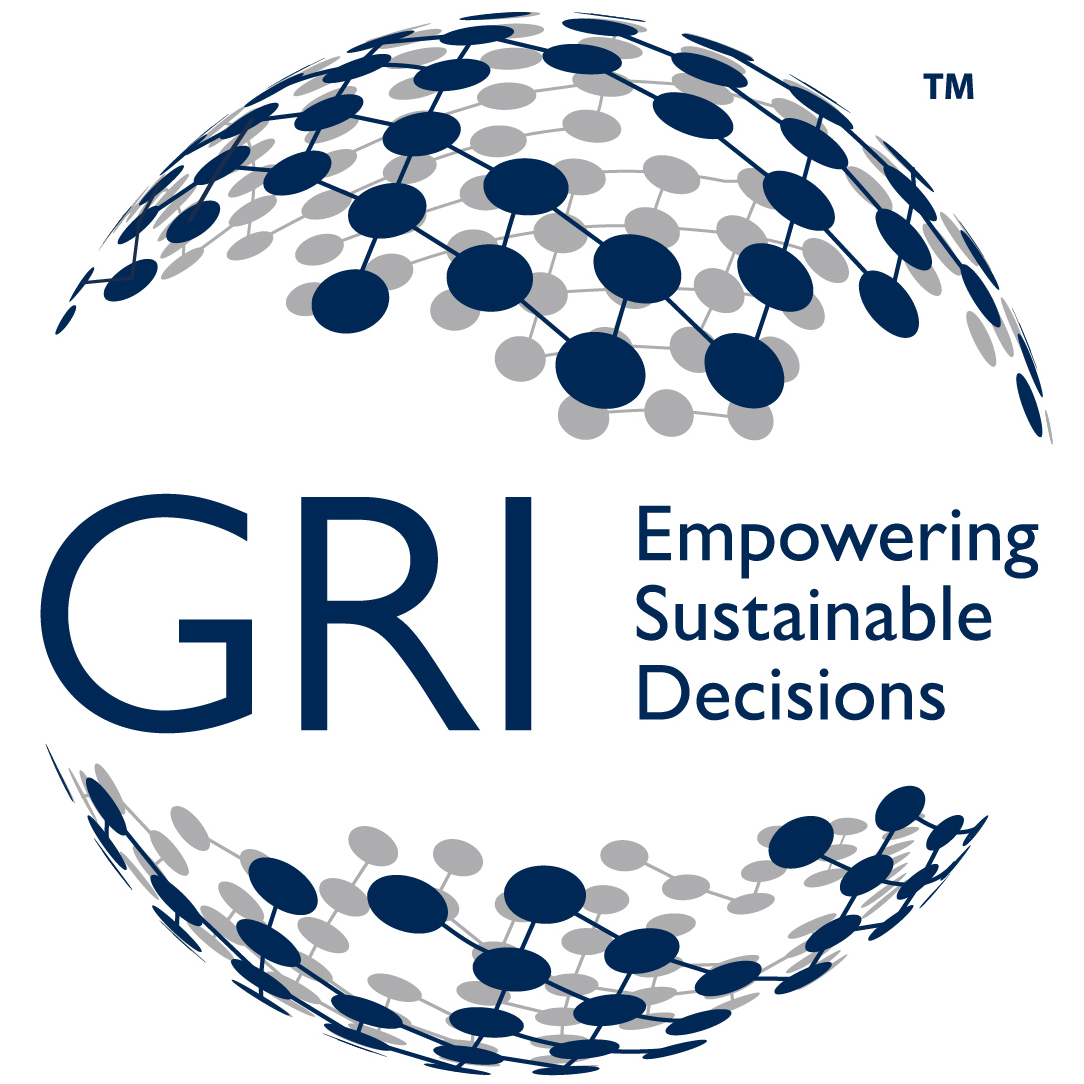CDP, GRI, and SASB Working Together to Align Standards
/When you combine a dozen or so acronyms (CDP, GRI, SASB, SEC, TCFD, etc.), season them with stakeholders (investors, consumers, civil society, labor, etc.), and stir the pot well, you have a recipe for some spicy Alphabet Soup – my culinary metaphor for the current state of Sustainability Reporting. While it may seem that there are too many cooks in the kitchen, three dominant organizations developing corporate environmental, social and governance (ESG) reporting frameworks and standards, CDP, GRI, and SASB, recently announced a joint effort, funded by former New York Mayor Mike Bloomberg, aimed at simplifying reporting standards to align with the recommendations of the Task Force on Climate-related Financial Disclosures (TCFD), a global group established by the Financial Standards Board after the G20 summit in 2015. The joint effort aims to result in the harmonization of CDP, GRI, and SASB’s standards and framework where they overlap, and identification of areas where they don’t.
The differences between CDP, GRI, and SASB:
CDP (formerly, the Carbon Disclosure Project) is a not-for-profit that runs the global disclosure system for investors, companies, cities, states and regions to manage their environmental impacts, and drives companies and governments to reduce their greenhouse gas emissions, safeguard water resources, and protect forests.
Global Reporting Initiative (GRI) established the first corporate sustainability reporting framework in 1997, and more than half the companies that report sustainability information use its standards. GRI approaches sustainability reporting from a broad perspective, incorporating information aimed at a variety of stakeholders including investors, employees and civil society, and consequently including a wide range of data. Importantly, GRI views “materiality” through the lens of an organization’s significant impacts on the environment, society and the economy. Granted, an organization’s significant impacts on the environment, society and the economy will likely have an impact on the organization itself, but GRI’s primary focus is on the externalities caused by an organization’s products, activities and services.
The Sustainability Accounting Standards Board (SASB) was founded in 2011, and its work focuses specifically on developing standards for sustainability information that would be material to investors and affect their financial decisions about a company. SASB’s “materiality” is defined by the significant impacts on the organization by the environment, society and the economy, and aligns with the Supreme Court’s definition of Materiality, in the context of publicly traded securities.
Sustainability reporting was not meeting the needs of investors.
GRI’s and SASB’s approach to sustainability reporting appears incompatible, and it wasn’t long ago when, on July 1, 2016, those incompatibilities were outlined in SASB’s 92-page letter to Secretary Fields of the U.S. Securities and Exchange Commission (SEC) detailing their concerns raised by the Commission’s Regulation S-K Concept Release regarding the need to update long-standing disclosure requirements to meet the needs of investors. A perceived rivalry between SASB and GRI began as the letter harshly criticized standalone sustainability reports – and reporting frameworks such as GRI’s – asserting that they are problematic to investors, as the sole source for sustainability-related information, for reasons including:
Corporate sustainability reports contain an abundance of immaterial information instead of focusing on sustainability issues that matter most to investors.
The definition of “materiality” is inconsistent when used in sustainability reports versus SEC filings resulting in confusion and potential liability risks.
Compared to the information included in SEC filings, the information in corporate sustainability reports lacks the internal control and oversight needed to create reliable, investment-grade data.
There is an inherent bias created when corporate communications departments or PR firms prepare a standalone sustainability report for a company.
Due to the lack of standardization in sustainability reports, the topics and metrics included vary widely among companies, making it impossible for investors to compare the performance of companies within an industry.
SASB’s letter went on to specifically target GRI’s definition of materiality by stating:
“Sustainability reports prepared following frameworks with more expansive definitions of materiality (for example the definition used by the Global Reporting Initiative (GRI)) are useful in many contexts, including surfacing issues about which a broad range of stakeholders may care. But, in the context of investment decision-making, they produce information that can ‘bury the shareholders in an avalanche of trivial information,’ an outcome that the Supreme Court sought to avoid in establishing the materiality standard in the TSC v. Northway decision.”
Sustainability reporting evolved to include issues of interest to investors.
In October 2016, GRI released its much-improved Standards-based reporting framework and, in June 2017, the TCFD released its recommendations for getting financial markets’ participants the information they need about how climate-related issues may affect their companies or investments. The TCFD report recommends that organizations provide climate-related disclosures in their public financial filings each year, as it concluded that climate-related issues in many cases would be material to investors.
I will be attending CDP’s Fall Forum later this month and SASB’s Moving the Market Symposium in December, where additional detail will likely be given about the current state of CDP, GRI, and SASB’s joint effort to align their standards. Stay tuned for an update upon my return…
KERAMIDA provides Sustainability Reporting Training services to organizations throughout the U.S. as a CDP Accredited Provider and GRI certified Training Partner. For more information about our Sustainability and ESG Consulting Services, please call us today at (800) 508-8034 or contact us here.
Contact:
Becky Twohey, Ph.D.
Vice President, ESG Strategy, Planning and Reporting
KERAMIDA Inc.
Contact Becky at btwohey@keramida.com











